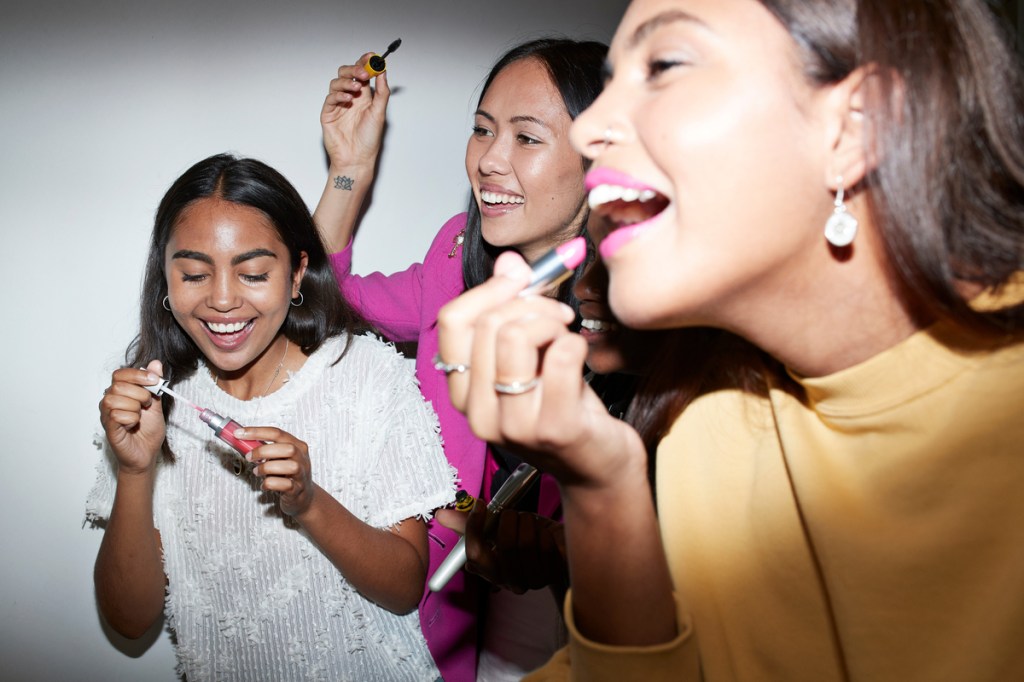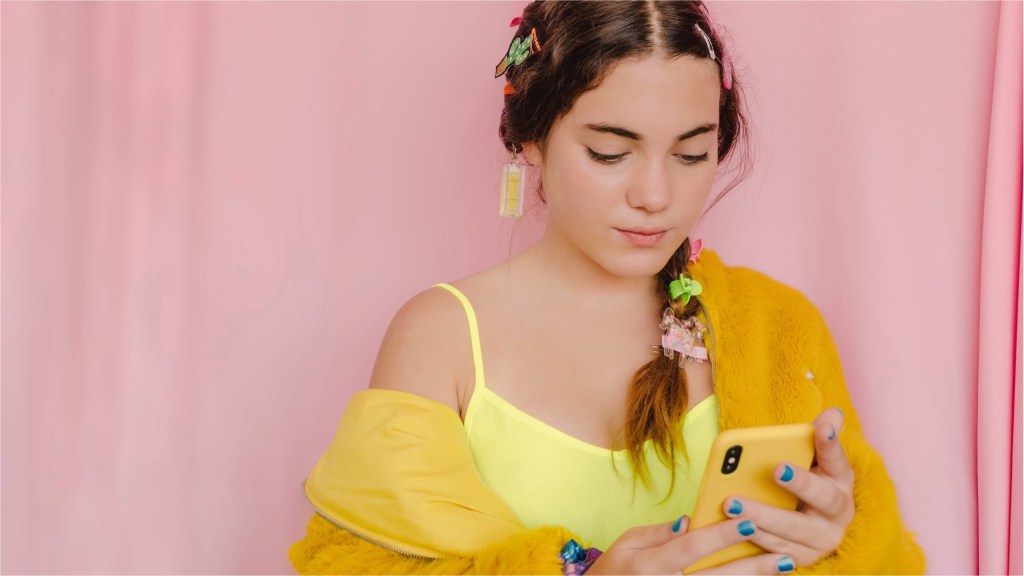What’s included in the UK beauty category?
• Haircare
• Skincare
• Suncare
• Cosmetics
• Fragrance
It does not include: Hair removal, Hair styling appliances, Oral Care, Paper Hygiene, Deodorant, Grooming, Medicated Skincare, Sanitizer and Toilet Soap.
The Beauty Giant
Amazon is the clear leader of the pack when it comes to merchants within the online beauty category in the UK. Amazon own 35.1% value share of online sales, according to our Foxintelligence read and despite losing 1 share point in the latest MAT its share is still up 7 points versus MAT two years ago.
For this reason, the “pure player generalists” dominate the beauty category. Ebay and TikTok also operate within this sector with varying degrees of success.
The Beauty Specialists
The “beauty specialists” sector had a relatively flat performance in terms of value share of sales within the online beauty category. However, the players within the sector are contending with different dynamics. Look Fantastic is the clear winner, with 9.4% share of the online beauty market, thanks to increases in average order sizes and more frequent purchases.
The beauty specialists to watch are Cult Beauty and Beauty Pie. These retailers over index with Millennials, a key demographic for online beauty. They also see some of the highest average order sizes, at a staggering £65.40 and £63.50 respectively. Couple this with a higher purchase frequency than other retailers and these guys are on the climb.
Sephora
Let’s talk about the notable new entrant into the UK beauty category – Sephora. Sephora is the eighth largest retailer within the online beauty category, owning 2.2% share of the category. This is lower than the 12.4% share within the same space in France. Given its acquisition of Feel Unique was only five months ago, we can expect to see this number grow in the future – we already see Millennials increasing their spend at the retailer since acquisition.
Direct to Consumer (DTC)
In general, we’re seeing sales in the DTC sector falter over the last three years within online beauty. Charlotte Tilbury very much dominates here, and their DTC channel performance is relatively flat, taking 1.4% value share of the total online beauty market. Other players such as Lush, Glossier, and The Body Shop have all seen steady declines in value share.
Interestingly, prestige merchants such as Dior, Jo Malone, and Chanel are growing in this space. They of course have a higher average order value than other merchants, but it’s increasing steadily – most significantly with Gen Z buyers.
TikTok
TikTok Shop, a new player on the scene, is the tenth largest merchant in the latest MAT, but moving to the seventh slot when looking at 2023 year-to-date (YTD) sales. As with most merchants, Millennials account for the largest proportion of sales (39.2%) and perhaps unsurprisingly, Gen Z buyers over index, accounting for 33% of TikTok Shop’s value sales versus 17.5% share within the total online beauty market.
Most in-demand brands on TikTok benefit from the influencer model, which allows small brands to reach target customers. Nature Spell, MadebyMitchell, P.Louise, Hnb cosmetics and Bperfect cosmetics are in the top ranks.
TikTok is also boosting the profile of “dupes” — products that are similar to products from a known brand, but cheaper. In fact, most of the top-10 fragrance items sold within TikTok Shop, could be considered “dupes” of more expensive fragrances.
Navigating the UK beauty e-commerce space
The e-commerce beauty space is fragmented and complex — Foxintelligence by NIQ shows 100+ retailers competing in the space, social media can make or break a product and push trends globally.
Navigating the space can get complicated fast — all the more reason to ask your FMCG data supplier about:
- How to avoid online blind spots
- Get insight into both the online landscape and the online shopper to build and activate strategic winning plans.
SOURCE :
Foxintelligence by NIQ, UK Calibrated Beauty E-commerce read – MAT data to 9th April 2023
MERCHANT SECTORS DEFINED :
Pure player generalists : Websites selling several universes of products and only online (e.g. Amazon, Cdiscount, Ebay, etc.)
Direct to Consumer : Direct to Consumer websites/apps are brand e-shops which directly sell their products to consumers (e.g. Nivea, Zara, Nespresso, etc.)
Bricks & Mortar generalists : Websites selling several universe of products online and offline (e.g. Tesco, Rewe, Mercadona, Leclerc, etc.)
Beauty Specialists : Brick & Mortar or Pure Player banners specialized on Beauty (e.g. Sephora, Douglas, Notino, etc.)
Drug generalists : Broader assortment than Beauty Specialists, e.g. also selling laundry but no or very few food categories (e.g. DM, Boots, Superdrug, etc.)
Fashion specialists : Brick & Mortar or Pure Player banners specialized on Fashion (e.g. Zalando, JD Sports, Foot Locker, etc.)




